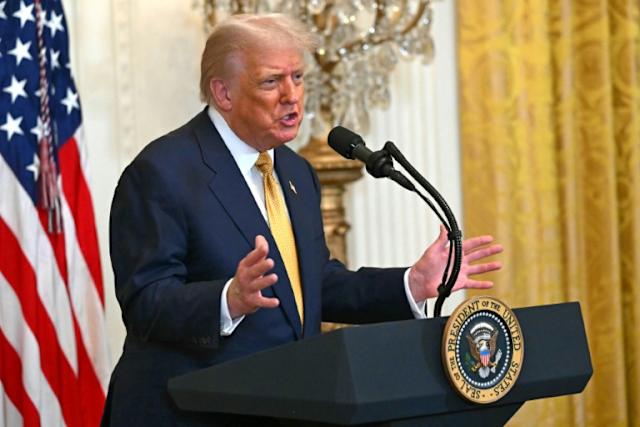President Donald Trump has declared a sweeping new trade deal with Japan, touting it as the “largest trade deal in history” during a White House event on Tuesday. The agreement includes a $550 billion Japanese investment in the U.S. economy and opens Japan’s market to a wide range of American goods, including cars, trucks, rice, and other agricultural products.
Under the deal, Japanese exports to the U.S. will face a 15% tariff a reduction from the previously threatened 25% while the U.S. will maintain tariffs on its end. Japan’s Prime Minister Shigeru Ishiba confirmed that no tariff reductions will be made for American goods entering Japan, but welcomed the compromise as the “lowest figure to date among countries with trade surpluses with the US.”
One of the key industries affected is Japan’s automotive sector, which accounts for nearly 3% of the country’s economy. Automotive exports from Japan to the U.S. were valued at $410 billion in 2019, making the sector a critical pillar of the bilateral trade relationship. While tariffs on Japanese vehicles and parts have been reduced, American automakers are discontented. Matt Blunt, president of the American Automotive Policy Council, called it “a bad deal,” citing the continued 25% tariffs on parts and vehicles from U.S. plants in Mexico and Canada.
The agreement arrives at a politically turbulent moment for Prime Minister Ishiba, whose Liberal Democratic Party (LDP) recently lost its upper house majority following last year’s lower house defeat. Analysts believe the trade deal could help him regain political footing.
The U.S. also announced similar trade deals with the Philippines and Indonesia. U.S. imports from these nations will face a 19% tariff, while Indonesia will remove 99% of its tariffs on American goods. The Philippines has agreed to eliminate tariffs on U.S. car imports.
Japan’s Nikkei 225 stock index surged over 3% following the announcement, led by gains in automotive stocks like Toyota, Nissan, and Honda. Experts say Japan’s willingness to compromise and invest could support Trump’s narrative of reviving U.S. manufacturing and job creation, while providing Tokyo breathing room amid internal political upheaval.

